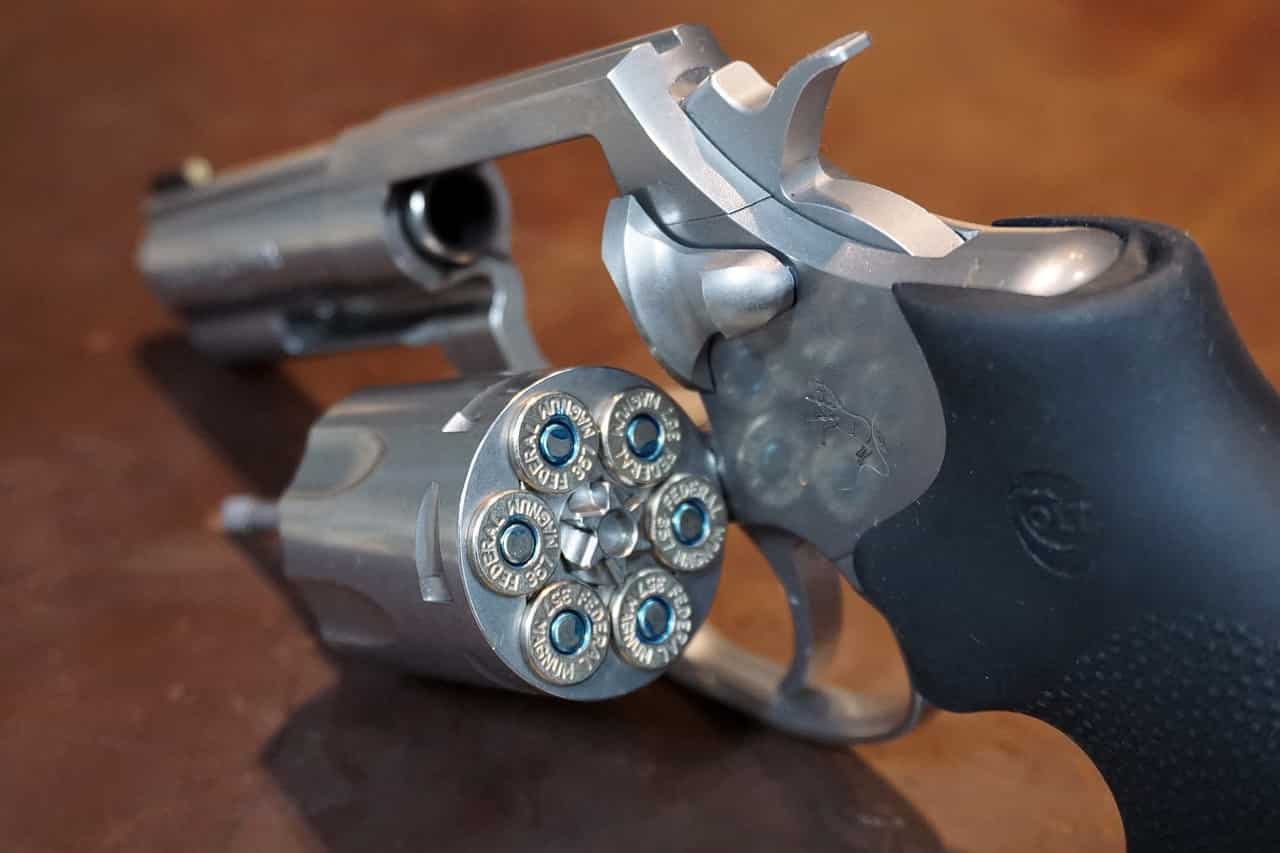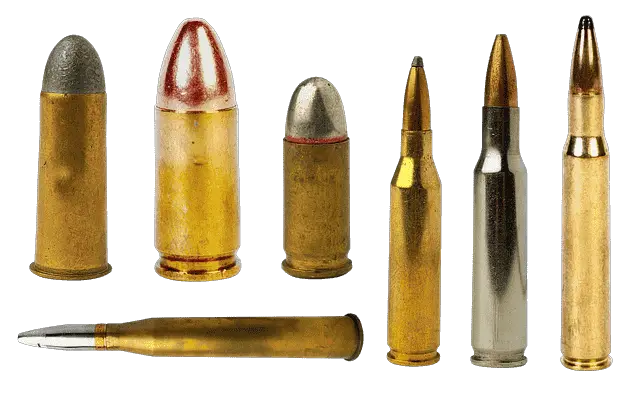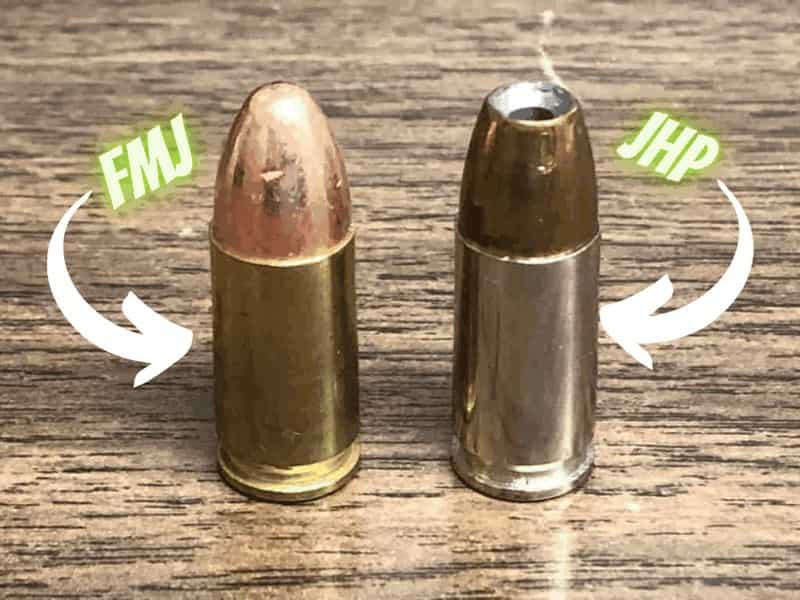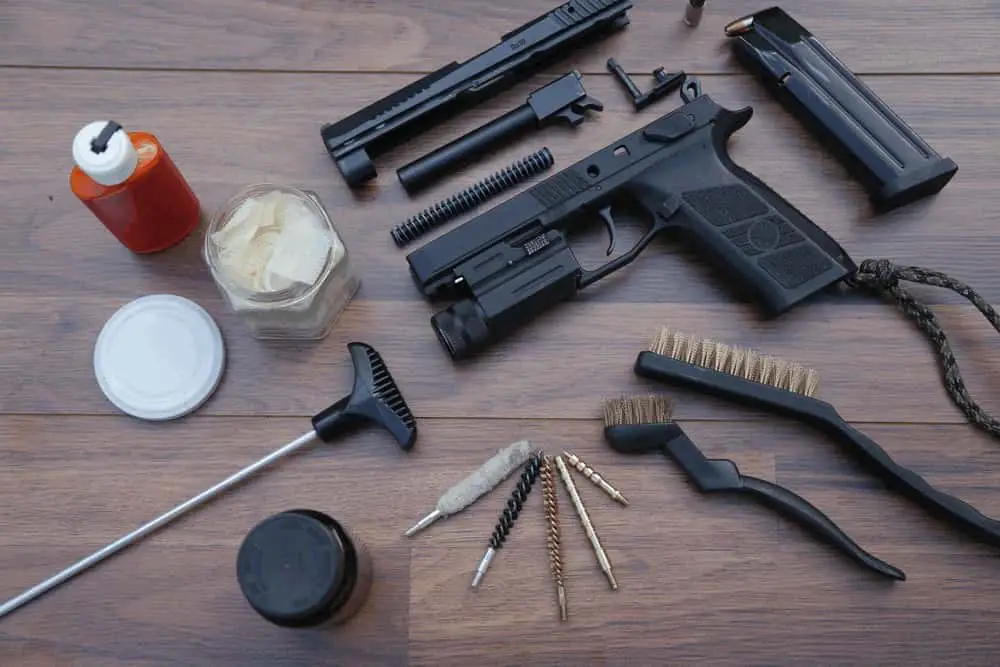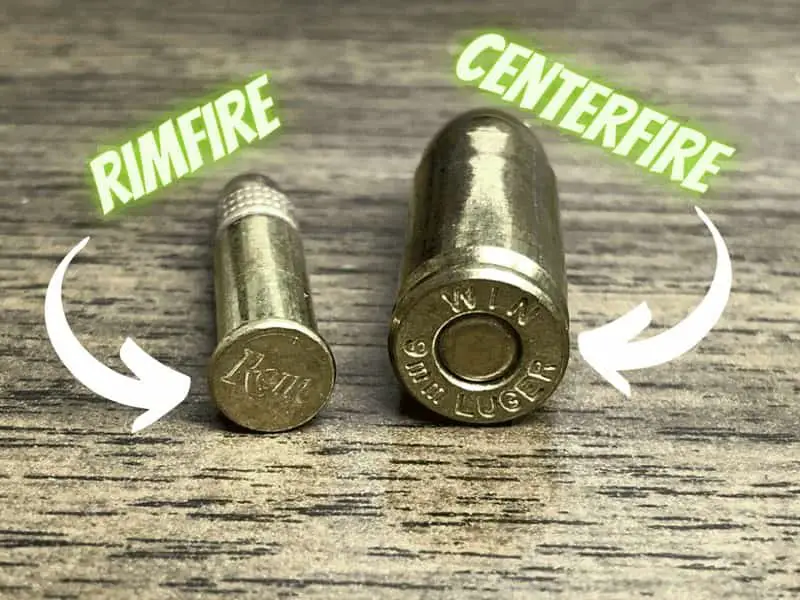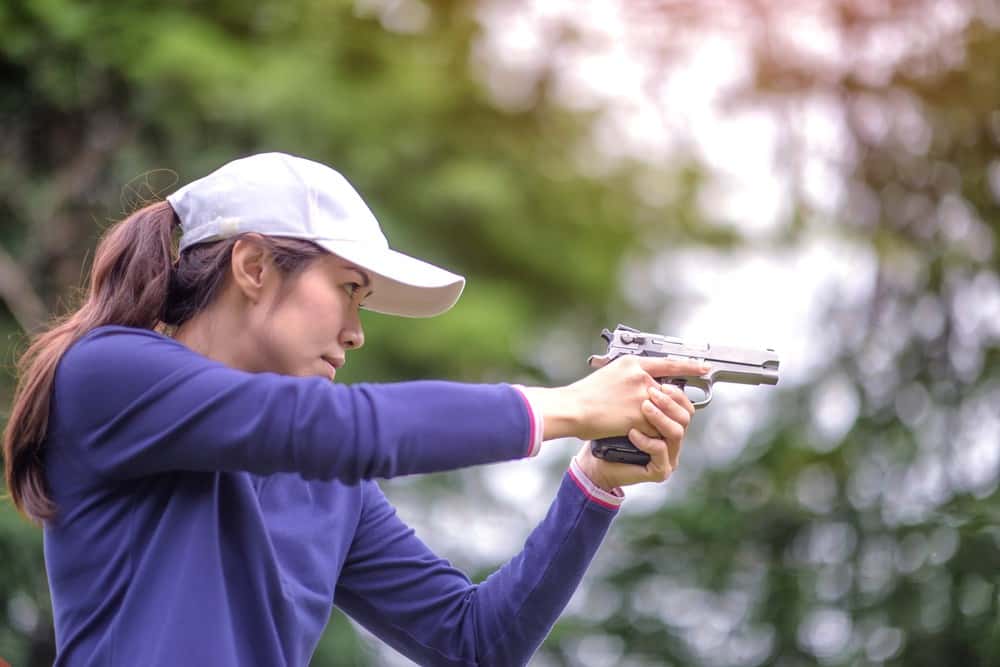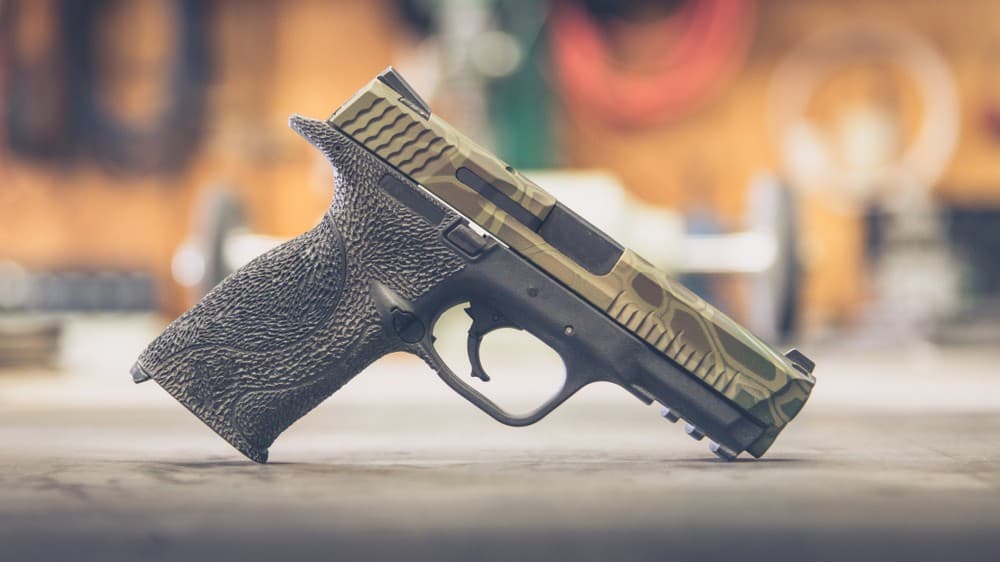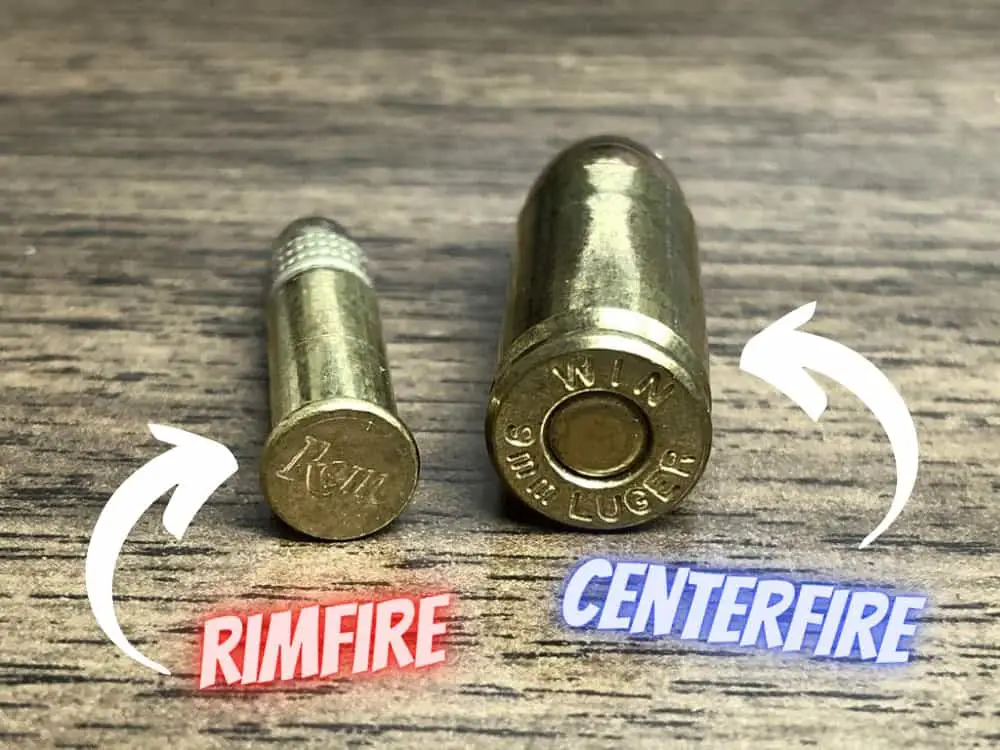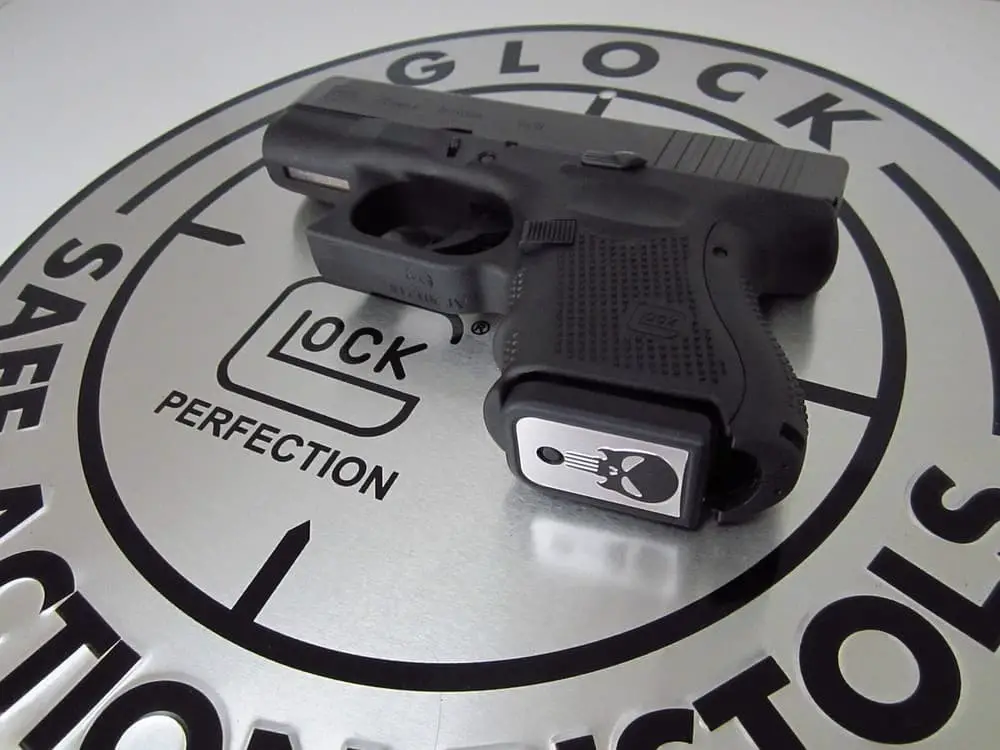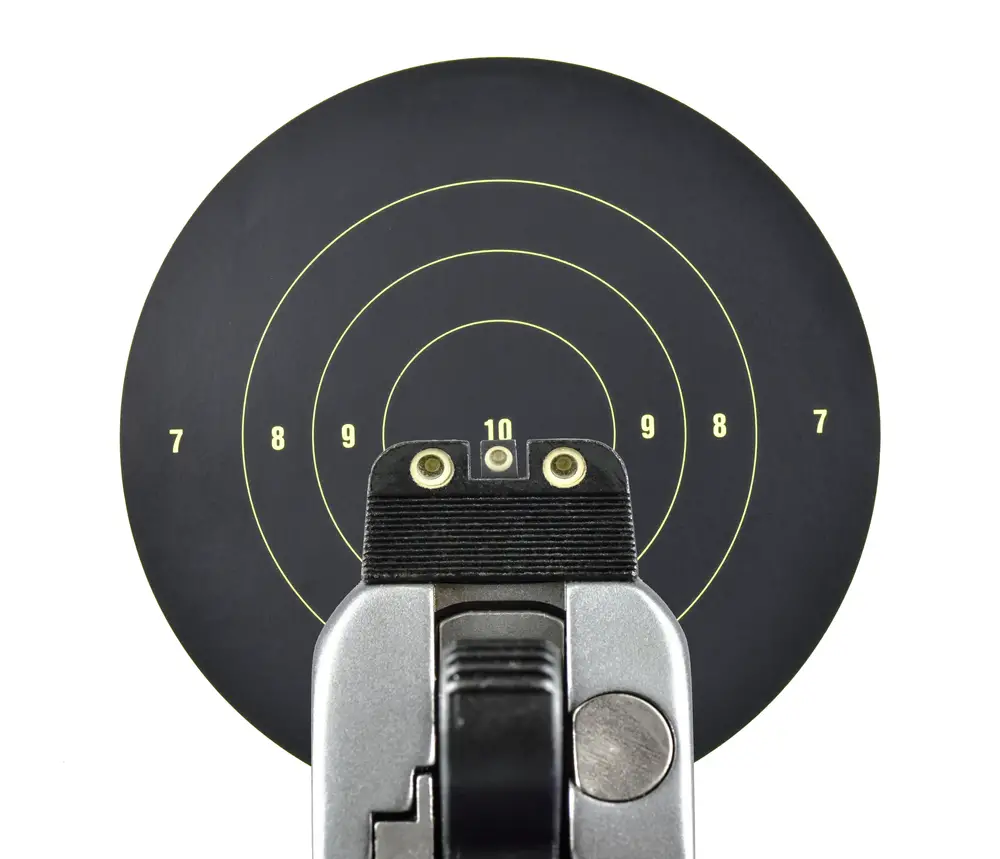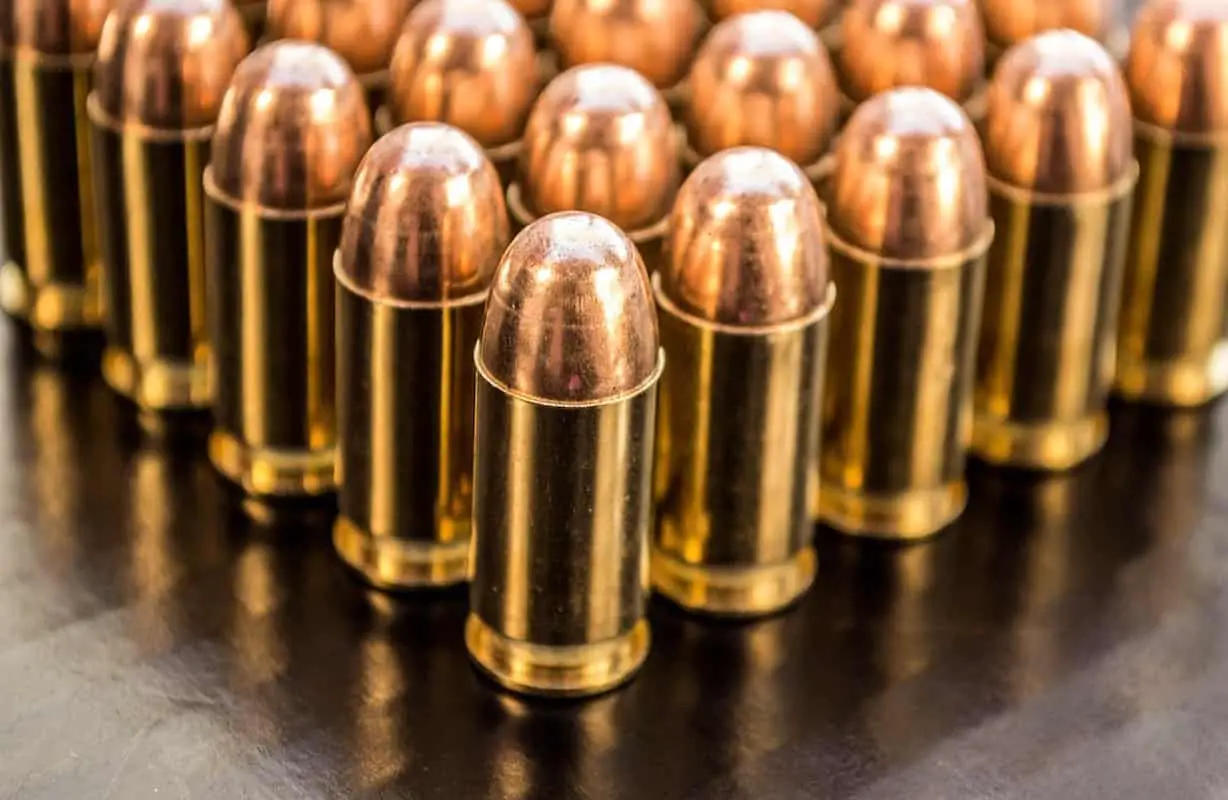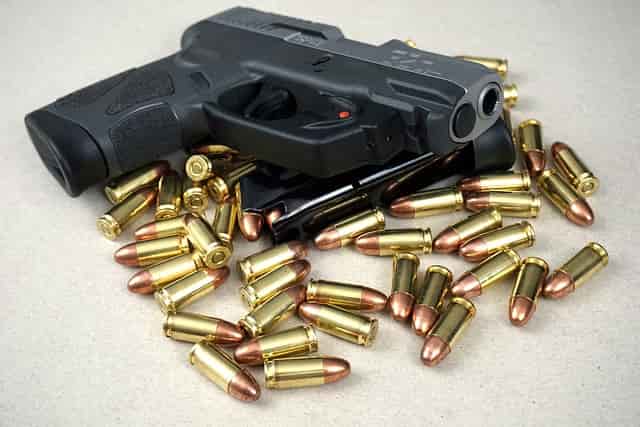
Overview of Maine Concealed Carry
In Maine, your right to carry a concealed handgun is protected by law, provided you meet certain requirements and obtain a Maine Concealed Handgun Permit (CHP). This process involves completing an approved safety course that instructs you on the responsible handling and storage of firearms.
Eligibility:
To qualify for a concealed carry permit in Maine, you need to:
- Be at least 18 years of age
- Successfully complete a handgun safety course
- Not be prohibited from possessing firearms under state or federal law
Training Requirements:
Maine law mandates that you demonstrate handgun safety knowledge, which can be fulfilled through various training avenues, including courses offered by the United States Concealed Carry Association (USCCA). These courses cover vital topics such as:
- Maine firearms laws
- Safe handling and operation of handguns
- Conflict avoidance
- Use of deadly force
Reciprocity:
It’s important to note that the Maine Concealed Handgun Permit is recognized by several other states. This reciprocity dictates where you can lawfully carry a concealed handgun beyond Maine’s borders.
Acquiring a Permit:
You can apply for a concealed carry permit through the Maine State Police or local municipal offices. Ensure you have all the necessary documentation and training certificates ready when submitting your application.
In summary, if you’re considering obtaining a concealed carry permit in Maine, ensure you complete a recognized safety course, understand your responsibilities, and become familiar with both state and federal firearms laws.
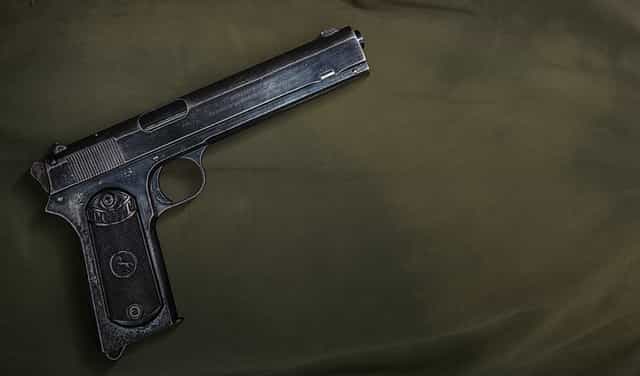
Eligibility and Application Process
To obtain a concealed carry permit in Maine, you need to meet specific eligibility criteria and follow a defined application process. The Maine State Police oversee these procedures to ensure the safety and compliance of all applicants.
Eligibility Requirements
You must be a Maine resident or a non-resident with a valid reason to seek a concealed handgun permit in Maine. The basic requirements stipulate that:
- You must be at least 18 years old.
- You should have completed a firearm safety course within the past five years.
- You are legally allowed to possess a firearm.
Non-resident permits are available, but they require you to have a comparable permit from your state if said state recognizes Maine’s concealed handgun permits.
Application Steps
Here are the steps you should follow to apply for a Maine Concealed Handgun Permit:
- Complete a handgun safety course if you haven’t already done so within the last five years.
- Read through the official Maine concealed carry pamphlet to familiarize yourself with the laws and regulations.
- Gather the necessary documents, including proof of residency, identification, and your safety course certificate.
- Fill out the application form completely; incomplete applications can result in delays.
- Submit the application with all the required documents and the application fee to the Maine State Police.
By following these steps carefully, you’ll be able to submit a complete application for your Maine concealed handgun permit.
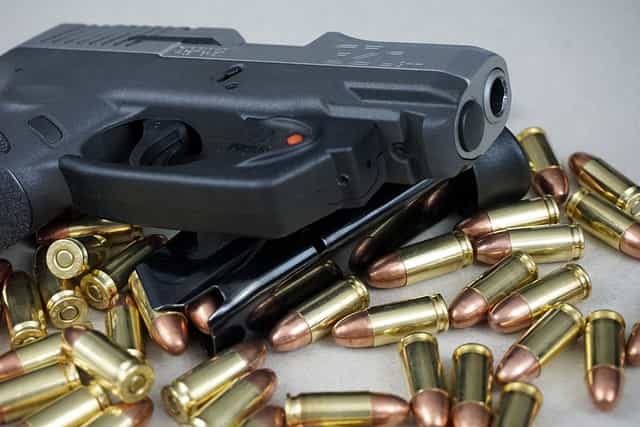
Concealed Carry Classes
If you’re interested in carrying a concealed handgun in Maine, you’ll need appropriate training to ensure both legal compliance and safety. Concealed carry classes are designed to provide you with the necessary skills and knowledge, whether you’re a beginner or an experienced shooter.
Maine Handgun Safety Training courses typically cover a variety of crucial topics. Here’s what you can expect:
- Firearm and Handgun Safety: Understand the fundamental safety rules to prevent accidents.
- Legal Aspects: Learn about Maine’s laws concerning concealed carry and the use of force.
- Responsibility: Grasp the ethical responsibilities that come with carrying a concealed firearm.
Proficiency Development: For beginners, courses place heavy emphasis on developing safe handling and basic marksmanship skills. Experienced shooters can expect advanced scenarios and skill refinement.
Training options vary from online modules at Maine Concealed Carry Permit to in-person sessions like those offered by Maine CWP Training™ or Legal Heat at Cabela’s in Scarborough. The flexibility of the training methods allows you to choose a platform that best fits your schedule and learning style.
| Training Type | Description |
|---|---|
| Online Course | Accessible and convenient; perfect for the basics of firearm safety and legal regulations. |
| In-Person Instruction | Provides hands-on experience; recommended for developing and refining practical shooting skills. |
Upon completion of a training course, you’ll be better prepared not only to handle a handgun safely but also to navigate the legalities of concealed carry in Maine. Remember, these classes are crucial in promoting a safe and responsible concealed carry culture.
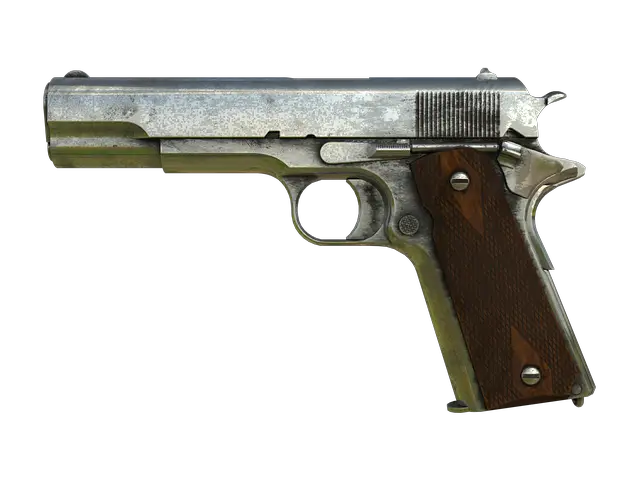
Legal Aspects of Concealed Carry
Understanding the legal aspects of concealed carry in Maine is essential for your safety and compliance with the law. This section specifically covers the gun laws in Maine, the rules around reciprocity with other states, and locations where carrying a concealed weapon is not permitted.
Maine Gun Laws
Maine is known as a “constitutional carry” state, meaning you do not require a permit to carry a concealed handgun if you are 21 years or older and meet all other legal requirements. However, certain individuals are prohibited from carrying, such as those convicted of a serious crime. It’s noteworthy that although no permit is needed for most, the state does issue concealed carry permits for reciprocity purposes or other benefits.
Use of Deadly Force: In self-defense situations, Maine law incorporates both “stand your ground” and “castle doctrine” principles, allowing you to use deadly force in defense of yourself or others in your home or any place you have a right to be, without the duty to retreat.
Carry in Sensitive Areas: Courthouses, schools, federal buildings, and areas posted against firearms are off-limits for concealed carry.
Concealed Carry Reciprocity
Reciprocity refers to Maine’s acceptance of concealed carry permits from other states and vice versa. Maine recognizes concealed handgun permits from states that also honor Maine permits. Details can be found in the state’s concealed carry laws.
- Recognized States: Check specific states for their reciprocity agreements to ensure your Maine permit is honored.
Prohibited Locations
Where you can legally carry a concealed weapon in Maine also depends on the type of location.
- Specific Prohibitions: Courthouses, schools, federal buildings, and properties with explicit private property signage cannot be ignored.
- Implicit Restrictions: Even without signage, carrying concealed weapons in certain locations like private events or private businesses may lead to legal issues or trespassing charges.
Carrying a concealed weapon in Maine requires a clear understanding of these legal aspects—knowing when you can carry, where you’re restricted, and the law’s stance on self-defense to ensure your carrying is lawful and responsible.
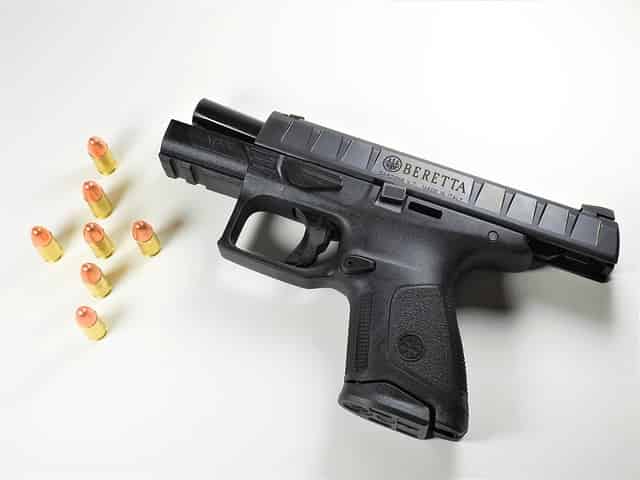
Practical Training and Safety
In Maine concealed carry classes, you’ll receive comprehensive instruction on how to safely handle firearms, the specifics of ammunition, and the development of both shooting skills and situational awareness. These essential elements are designed to prepare you for responsible gun ownership and use.
Firearm and Ammunition Basics
Understanding the types of firearms, such as revolvers and semi-automatic pistols, is crucial in your concealed carry training. You’ll learn about the different ammunition calibers and the purposes they serve. This section includes hands-on demonstration and the opportunity to familiarize yourself with firearm mechanics and maintenance.
- Firearm Types: Revolvers, Semi-Automatic Pistols
- Ammunition Types: .22, 9mm, .45 ACP, etc.
- Maintenance: Cleaning, Safe Storage
Shooting Qualification
Shooting qualification is more than just pulling the trigger; it’s a carefully structured process to ensure you can safely and accurately use your firearm under various conditions. You’ll practice at a shooting range where range rules are enforced for everyone’s safety. To pass, you must demonstrate proficiency in handling and firing your weapon, after which you may receive a certificate of completion.
- Safe Handling: Grip, Stance, Sight Alignment
- Firing: Controlled Breathing, Trigger Discipline
- Proficiency: Scoring Hits on Target Under Timed Constraints
Safety and Situational Awareness
Gun safety cannot be overstressed. Courses stress a firearms safety mindset, which includes always treating the firearm as if it’s loaded and being aware of the target and what’s beyond it. Developing situational awareness is key in identifying potential threats and effectively responding to them. You’ll engage in scenarios that challenge you to think before acting, reinforcing lessons in both safety and situational preparedness.
- The Four Rules of Gun Safety:
- Treat all guns as if they are loaded.
- Never point the muzzle at anything you are not willing to destroy.
- Keep your finger off the trigger until your sights are on the target and you are ready to shoot.
- Be sure of your target and what lies beyond it.
- Situational Drills: Decision-making, Conflict Avoidance, De-escalation Techniques
By adhering to these fundamentals, you enhance not only your personal safety but also the safety of those around you.
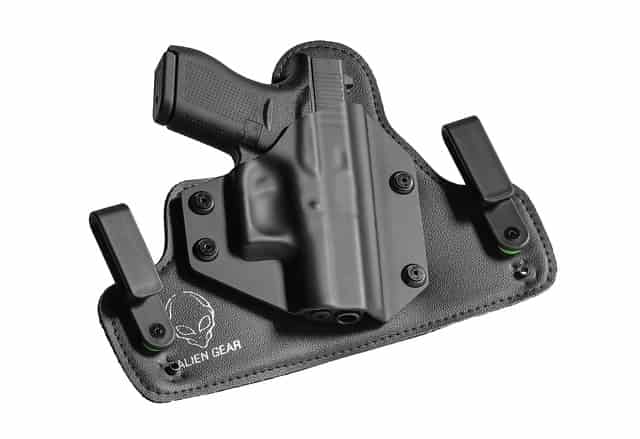
Frequently Asked Questions
Before you enroll in a concealed carry class in Maine, it’s important to understand the specifics surrounding eligibility, certification validity, course content, live fire requirements, non-resident participation, and the subsequent permit application process.
What are the eligibility requirements for concealed carry classes in Maine?
To enroll in concealed carry classes in Maine, you must be at least 18 years old and meet the federal requirements to possess a firearm. This includes not having a felony conviction or a history of mental illness that would disqualify you from owning a gun.
How long is the concealed carry certification valid in Maine?
Once obtained, a concealed carry certification in Maine is typically valid for four years. After this period, you will need to renew your certification to maintain a valid concealed carry permit.
What topics are covered in Maine’s concealed carry classes?
Maine’s concealed carry classes cover a range of topics including firearm safety, the legal aspects of concealed carry, responsible gun ownership, and proper handling and storage of firearms.
Are there any live fire requirements for concealed carry classes in Maine?
Yes, to complete a concealed carry class in Maine, you must satisfy a live fire requirement. This ensures that you have practical experience handling and firing a weapon under the instruction of a qualified professional.
Can non-residents take concealed carry classes in Maine to apply for a permit?
Non-residents can take concealed carry classes in Maine; however, they must apply for a non-resident permit to carry a concealed handgun within the state.
What is the application process for a concealed carry permit after completing a class in Maine?
After completing a concealed carry class in Maine, you must fill out a comprehensive application, which includes a background check and submission of your class certification. You may also be required to submit fingerprints for the permit application.

Jason Huskey
Owner of CCWClasses.net
Jason Huskey is a family man with three kids and a wonderful wife. He’s always starting new hobbies, but his true passion lies in shooting sports. Jason has been a CCW license holder for over 10 years and carries every day. In addition to firearms, he also enjoys playing guitar and writing songs. He tries to live by the Christian values he believes in.
More things you might enjoy…
Can a 38 Special Shoot 357 Rounds?
Image by MikeGunner from Pixabay I’ve long since discovered that very few activities give me the same thrill and sense of security as firing a gun. As a gun owner and enthusiast, I’ve always been curious about which guns can shoot which kinds of ammunition. I have a Derringer five-shot revolver that uses .22 rounds.…
Who Makes the Most Popular Brands of Ammo
If you are here to figure out who makes Herter’s ammo just look below the following table for a more thorough answer. If you are looking for a specific type of ammo, then you need to start by figuring out who makes it. There are lots of options for ammunition and each type of bullet…
What Does Full Metal Jacket Mean?
If you have heard the term full metal jacket, then you might be wondering what this means. I know that growing up, I heard this term a lot. I dismissed it as some sort of saying or cliche. Eventually, I decided that I needed to figure out what people meant when they use this term.…
How Often Should You Clean Your Gun?
After purchasing a firearm, you might wonder how often you should clean your gun. The truth is that it largely depends on how often you use it and where you live. Keep reading to learn more. How Often Should You Clean Your Gun? The short answer: do a light cleaning after every shooting session and…
What Is The Main Difference Between Centerfire And Rimfire Ammunition?
Rimfire vs Centerfire Everyone has to start somewhere. If you’re new to guns, learning the difference between rimfire and centerfire ammunition is important. Let me backtrack a moment. The first time I went out on the gun range, I had zero idea that there were different types of ammo for different types of weapons. All I knew…
Continue Reading What Is The Main Difference Between Centerfire And Rimfire Ammunition?
How Should You Hold a Handgun for Maximum Accuracy?
Whether it’s for sport or you find yourself in a defensive situation where you need to use a handgun, how you hold it will significantly affect your accuracy. Developing your handgun techniques will help you become a better shot and keep you safe. Read on to learn the answer to the question: How should you…
Continue Reading How Should You Hold a Handgun for Maximum Accuracy?
What Is Stippling On A Gun?
Hey, would you like a more firm grip on your gun? Would that help you shoot better? Well that is what stippling is for. Stippling is a modification to the grip that makes it, well, more grippy. It is done by sanding off the original finish and then using a hot soldering iron to make…
What Is A Centerfire Pistol?
To answer the question: “What Is A Centerfire Pistol?”, you must first understand that there are two main types of ammunition: Centerfire Rimfire These ammo categorizations are based on where the firing pin hits the back of the bullet to make it fire. A centerfire pistol is one where the firing pin strikes the center…
Is It Bad To Dry Fire A Glock?
There are loads of myths and assumptions surrounding handguns. If you grew up around guns, you probably heard some of these myths. Today, we will answer the question: Is it bad to dry fire a Glock. The Quick Answer Dry firing modern centerfire guns is completely fine (this includes most Glocks). The firing pin does…
What Is The Sight Picture?
When you first became interested in shooting you probably heard the terms sight picture and sight alignment being thrown around. Most people tend to use the two terms interchangeably; however, they do not mean the same thing. In this guide, I will make a clear distinction between sight picture and sight alignment. To master any new trade, you must…
What is Ball Ammo
When you hear the term “ball ammo” you may be picturing an actual ball. While the term did originate from ball shaped ammo, that’s not what it means today. Most ball ammo today is cylindrical in shape. It will have a lead core coated with copper. Keep reading to learn all about the history and…
